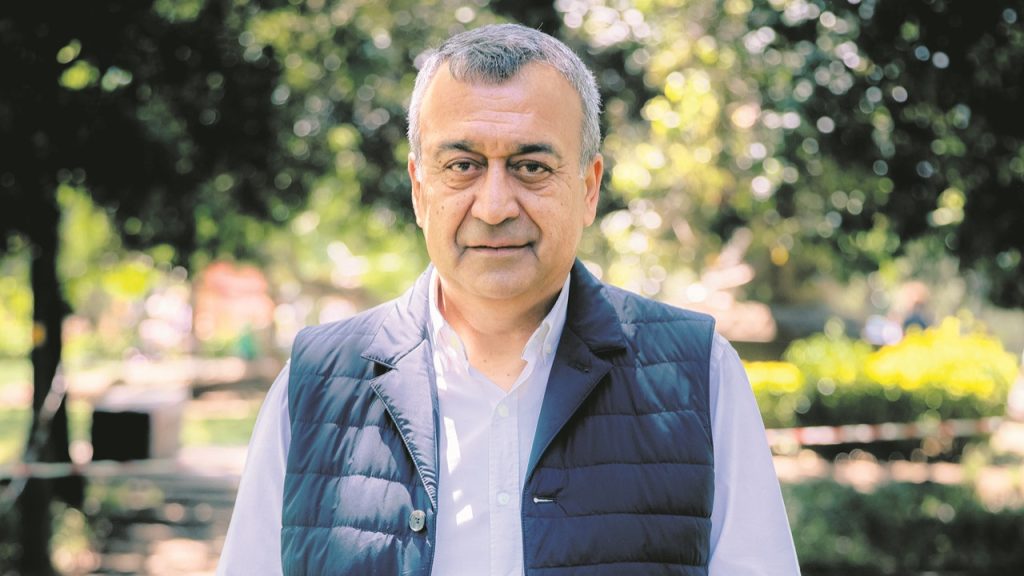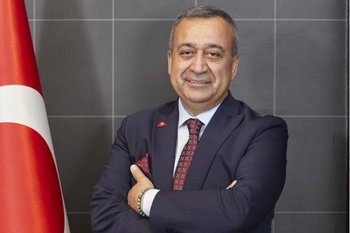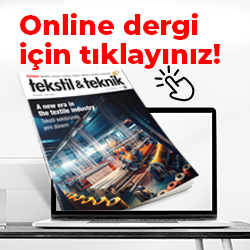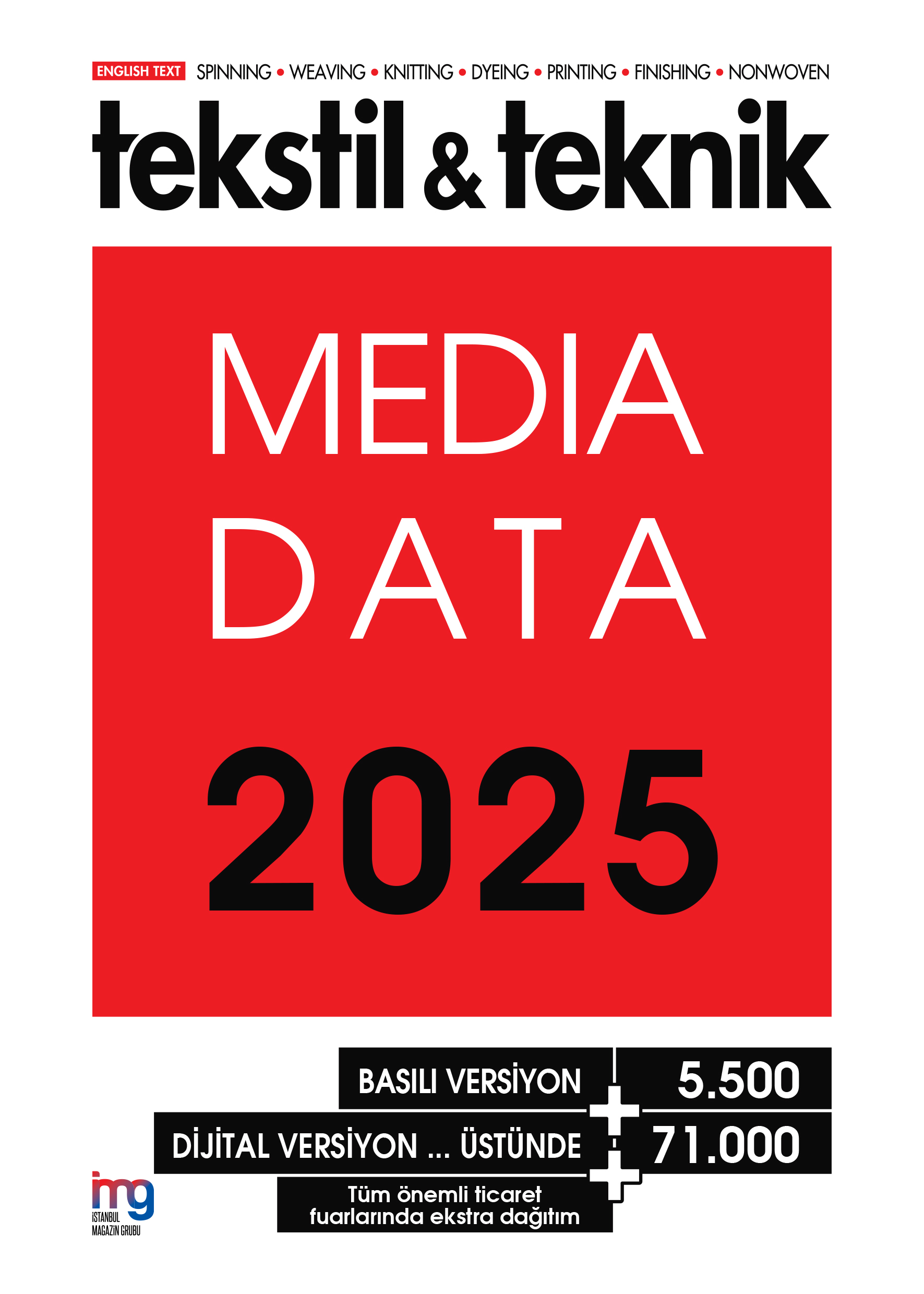TİM Tekstil ve Hammaddeleri Sektör Kurulu Başkanı Ahmet Fikret Kileci, sektörün sadece döviz kuru değil, yapısal dönüşümle rekabet gücünü artırması gerektiğini vurguluyor.
Rekabet gücünü artırmak için yeni bir yol haritası
Türkiye tekstil sektörü, uzun yıllardır küresel pazarda önemli bir oyuncu olma konumunu sürdürüyor. Ancak son dönemde artan iş gücü maliyetleri ve döviz kuru dalgalanmaları, sektörün rekabet gücünü zorluyor. TİM Tekstil ve Hammaddeleri Sektör Kurulu Başkanı Ahmet Fikret Kileci, bu zorlukların üstesinden gelmek için sektörde yapısal bir dönüşümün şart olduğunu belirtiyor.

İş gücü maliyetleri ve küresel rekabet
Türkiye’de iş gücü maliyetleri aylık 1.500-2.500 dolar arasında değişirken, Bangladeş gibi ülkelerde bu rakam 200 dolara kadar düşüyor. Bu durum, Türk tekstil sektörünün düşük maliyetli üretimle rekabet etmesini zorlaştırıyor. Kileci, “Artık 2 dolara tişört üretemeyiz. Türk şirketleri ucuz ürünleri yurtdışında ürettirip, başka ülkelere satabilecek deneyim ve güce sahip” diyerek, üretim stratejilerinin yeniden gözden geçirilmesi gerektiğini ifade ediyor.
Katma değerli üretime geçiş
Kileci, sektörün geleceği için katma değerli üretime geçişin kaçınılmaz olduğunu vurguluyor. “Makine parkımızı yenileyip, ileri teknolojili ürünleri burada üretmeli ve AB ülkelerindeki markaların partneri olmak zorundayız” diyen Kileci, teknolojik yatırımların ve inovasyonun önemine dikkat çekiyor.
Sürdürülebilirlik ve yeşil üretim
Sektörün sürdürülebilirlik hedeflerine ulaşması için yeşil üretim uygulamalarının benimsenmesi gerektiğini belirten Kileci, “Gelecekte üretim anlayışı tamamen sürdürülebilirlik ve çevresel temalar üzerine inşa edilecek” diyor. Bu kapsamda, yenilenebilir enerji yatırımları ve çevre dostu üretim süreçlerinin teşvik edilmesi önem taşıyor.
Stratejik işbirlikleri ve yeni pazarlar
Kileci, Türk tekstil sektörünün Mısır, Fas ve hatta Suriye gibi ülkelerde üretim yapma alternatiflerini değerlendirdiğini belirtiyor. Bu stratejik işbirlikleri, maliyet avantajı sağlarken, Türkiye’nin yüksek katma değerli ürünlere odaklanmasını mümkün kılıyor.
Geleceğe yönelik adımlar
Ahmet Fikret Kileci’nin vurguladığı gibi, Türk tekstil sektörünün sadece döviz kuru dalgalanmalarına odaklanmak yerine, yapısal dönüşüm ve katma değerli üretim stratejileriyle rekabet gücünü artırması gerekiyor. Sürdürülebilirlik, teknolojik yatırım ve stratejik işbirlikleri, sektörün geleceğini şekillendirecek anahtar faktörler olarak öne çıkıyor.
***
A new era in textiles: Strategic transformation through high-value production
Ahmet Fikret Kileci, Chairman of the TİM Textile and Raw Materials Sector Board, emphasizes that exchange rates are not the sector’s only issue—what’s truly needed is a renewed roadmap for competitiveness.
A strategic roadmap for sustainable competitiveness
The Turkish textile sector has long held a strong position in global markets. However, in recent years, rising labor costs and exchange rate volatility have posed new challenges. Ahmet Fikret Kileci, Chairman of the TİM Textile and Raw Materials Sector Board, believes that structural transformation is now essential for the sector to maintain and strengthen its competitive edge.
Labor costs and global competition
While labor costs in Türkiye range between $1,500 and $2,500 per month, they can fall as low as $200 in countries like Bangladesh. This disparity makes it increasingly difficult for Turkish manufacturers to compete purely on low-cost production. “We can no longer produce T-shirts for $2,” says Kileci. “But Turkish companies have the experience and capacity to outsource low-cost production abroad and market those products globally.”
Shifting toward high-value production
Kileci emphasizes that the future of the sector lies in value-added production. “We must modernize our machinery and focus on manufacturing advanced, high-tech products. That’s the only way we can remain key partners for brands in European markets,” he says, underlining the importance of innovation and investment in technology.
Sustainability and green production
Reaching long-term goals in the sector requires widespread adoption of sustainable practices. “In the future, production will be shaped entirely around sustainability and environmental values,” Kileci asserts. He advocates for investment in renewable energy and eco-friendly processes to ensure global relevance and environmental compliance.
Strategic partnerships and alternative production bases
Kileci notes that Turkish textile producers are increasingly exploring manufacturing opportunities in countries like Egypt, Morocco, and even Syria. These strategies aim to achieve cost-efficiency while allowing Türkiye to focus on producing more complex, value-added goods at home.
Looking ahead: transformation is key
As Kileci highlights, the real challenge for Türkiye’s textile sector is not merely the exchange rate—it’s the need for a structural overhaul that prioritizes innovation, sustainability, and international cooperation. Strategic investments, green practices, and global partnerships will define the future of Turkish textiles in a rapidly evolving global market.









